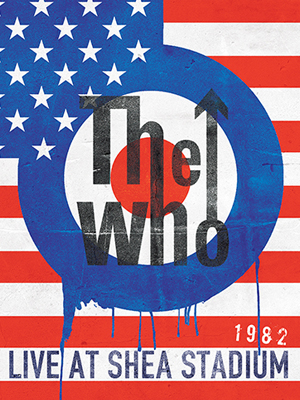Men’s Health Matters
June is Men’s Health Month. Overall health and wellness is an important part of living a full and happy life. Addressing one’s health is scary, but avoiding it altogether can be deadly. What do time, money and appearance all have in common with men’s health? They’re all frequently used by men as reasons, or excuses, to avoid going to the doctor. Dr. Scott Hansen with Intermountain Healthcare offers some advice to get you or the men in your life to make routine, preventative health care a priority.
By on June 23, 2014
June is Men’s Health Month. Overall health and wellness is an important part of living a full and happy life. Addressing one’s health is scary, but avoiding it altogether can be deadly. What do time, money and appearance all have in common with men’s health? They’re all frequently used by men as reasons, or excuses, to avoid going to the doctor. Dr. Scott Hansen with Intermountain Healthcare offers some advice to get you or the men in your life to make routine, preventative health care a priority.
“It’s only with time and age that we start to feel new symptoms, or we lose some of our normal capabilities. So we start to think, ‘what can I do to maintain this body, this mind?'”
Topping the list of risk factors for men is heart disease. “Heart disease would be the major cause of death and health problems from age 30-60.” Signs to watch out for are quick fatigue with exercise or activity, chest discomfort or pain in the neck, sometimes radiating to the shoulders or arms. “If that is happening, it’s time to get an evaluation. Usually if it is not an onset and staying with you, it’s time for a 911 call.”
Going down the list is cancer. “It’s usually a different form of cancer in the younger men than in the older men.” Men in their 20s need to pay extra attention to their skin and watch out for testicular growths or masses. “Those things also can be reviewed with a physician on a regular basis.” At age 40-50, other types of cancer become a greater risk. “Colon cancer is often quiet until it is quite advanced.”
Hansen recommends a colonoscopy screening at age 50 for all men, and those with a family history of colon cancers should start screening at an earlier age. Men ages 50-70 should be checked for prostate cancer. “This can begin in the 40s, but we can start to see this in the 50s, 60s and 70s.”
The third major health risk in men is that of accidental death. “Men generally are risk takers and very often do not necessarily think of safety precautions.” Wear your seat belt, make sure your home has proper fire and carbon monoxide detection and examine other safety factors in your home. The best preventative care “starts early with a diet that is healthy and regular physical exercise. Pay attention to maintaining our weight and find ways to cope and deal with our stresses that are healthy and productive.”
Men may be the masters of excuses when it comes to seeking medical attention. So plan ahead for an appointment and bring along notes and questions to make it productive and worthwhile. Look at preventative care as an important investment. “It’s not being a sissy to talk to your doctor periodically and ask what needs to be done to maintain your best health. Silent health problems, such as having high blood pressure or diabetes, or high cholesterol, they can have a cumulative effect on your health. So the next time you’re looking for the best excuse not to go … well, there may not be one after all
Article originally posted at ksl.com









